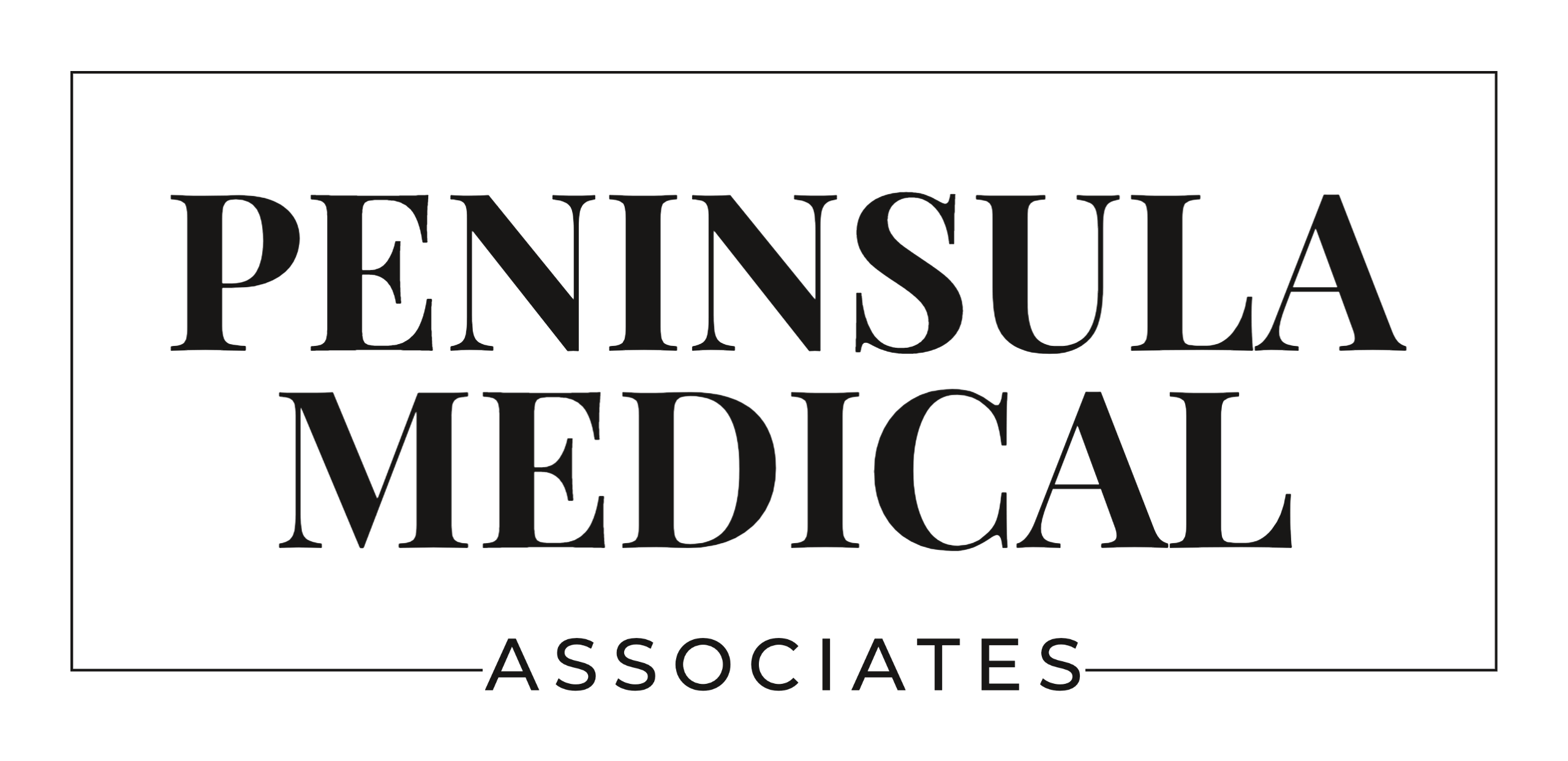Book Appointment Now

Understanding Workplace Muscle Pain
Work-related musculoskeletal disorders (WMSDs) encompass a range of painful conditions affecting muscles, tendons, and nerves, often referred to as repetitive motion injuries, repetitive strain injuries, or cumulative trauma disorders. These ailments, such as tendonitis/tenosynovitis, epicondylitis, carpal tunnel syndrome, DeQuervain’s disease, thoracic outlet syndrome, and tension neck syndrome, typically develop gradually over time due to overuse of specific muscle groups.
WMSDs commonly arise from repetitive arm and hand movements like bending, straightening, gripping, and reaching, especially when performed forcefully and rapidly without adequate recovery time. Symptoms often include pain, joint stiffness, muscle tightness, and swelling, with some individuals experiencing “pins and needles” sensations, numbness, skin color changes, and decreased sweating in affected areas.
These disorders can progress from mild to severe stages, particularly in workers exposed to repetitive wrist and shoulder motions, sustained hyperextension of arms, prolonged loading of shoulders, forceful rotation of the forearm combined with wrist bending, repetitive hand twisting and gripping, and prolonged restricted postures.
Evaluating WMSDs involves identifying workplace hazards through detailed discussions about job tasks, considering factors like task frequency, intensity, duration, and regularity. By understanding and addressing these risks, employers and employees can work together to prevent and manage WMSDs effectively.

